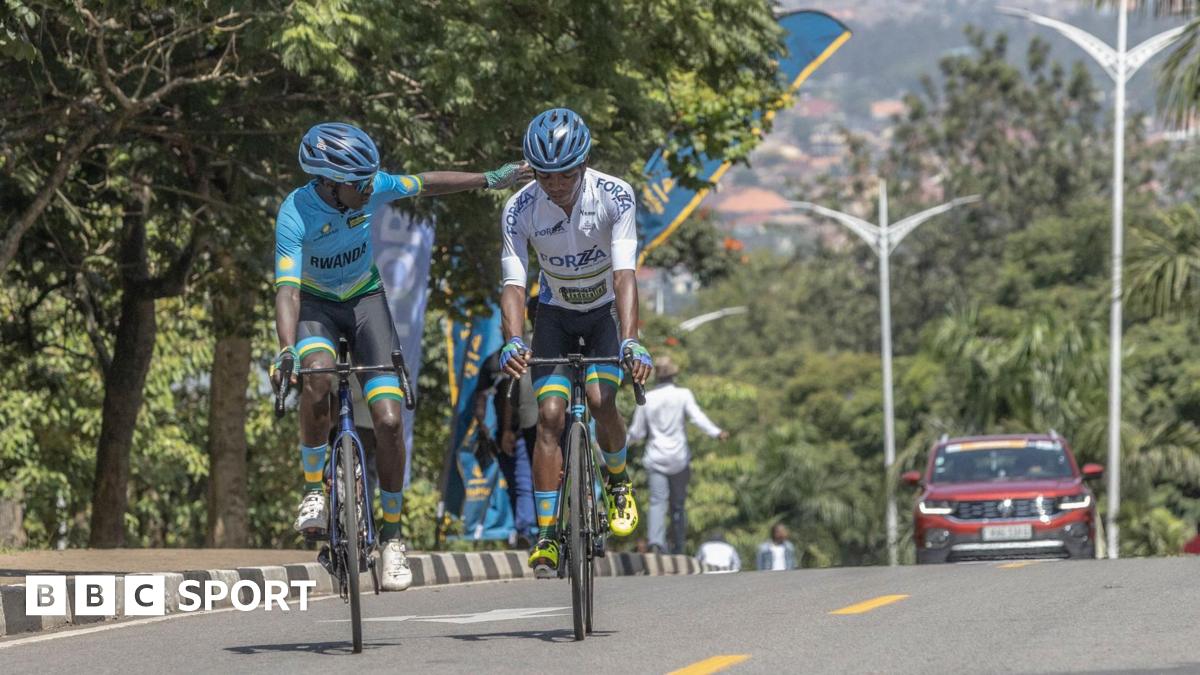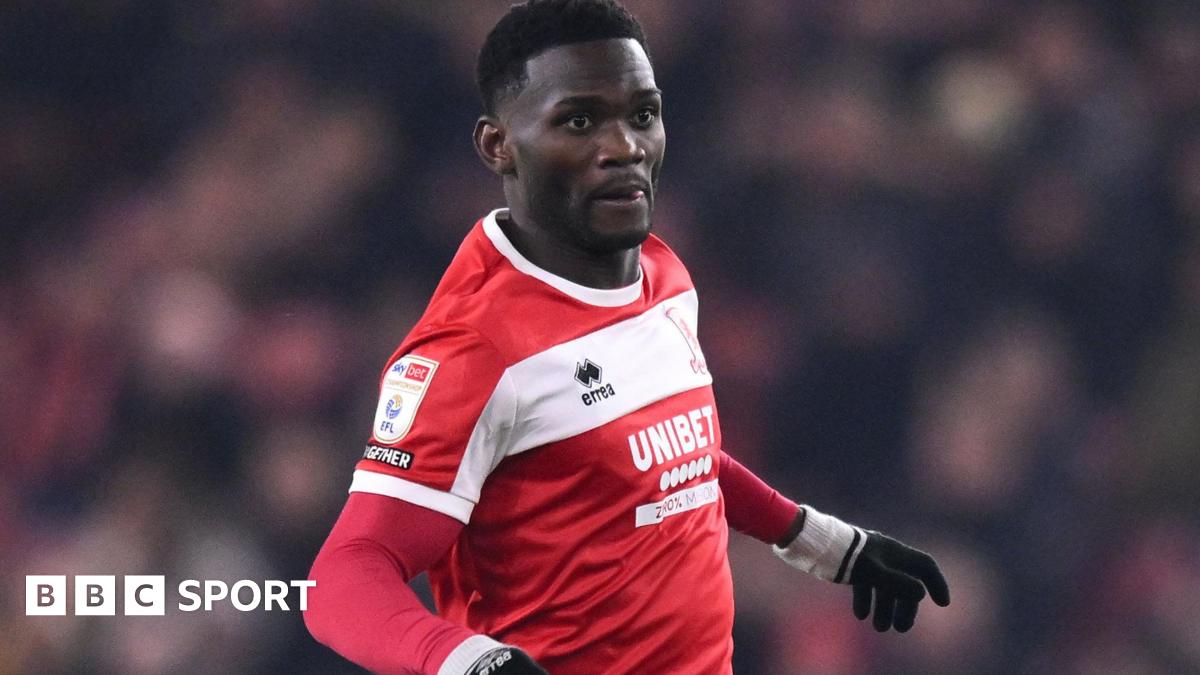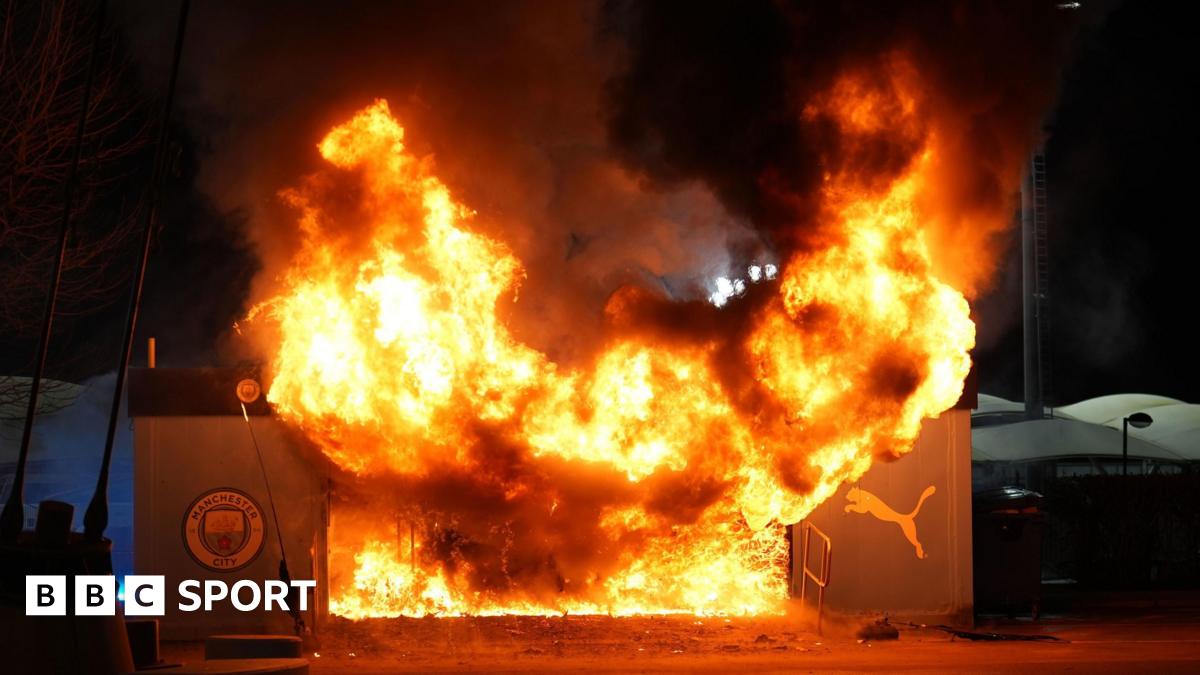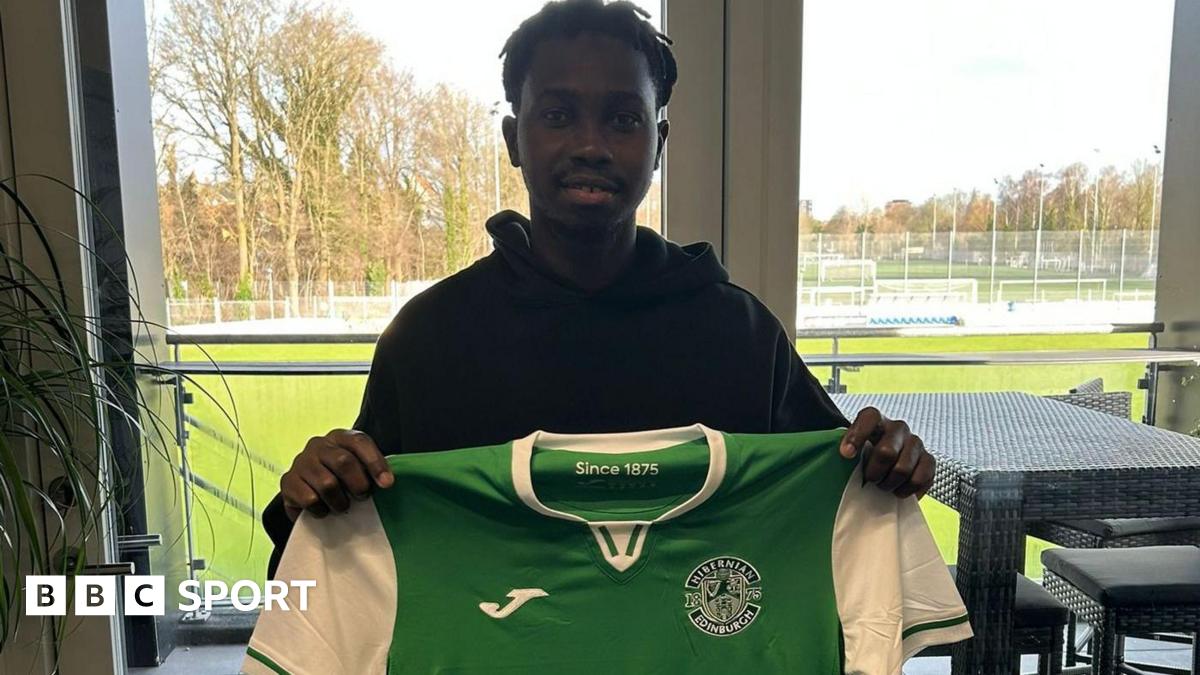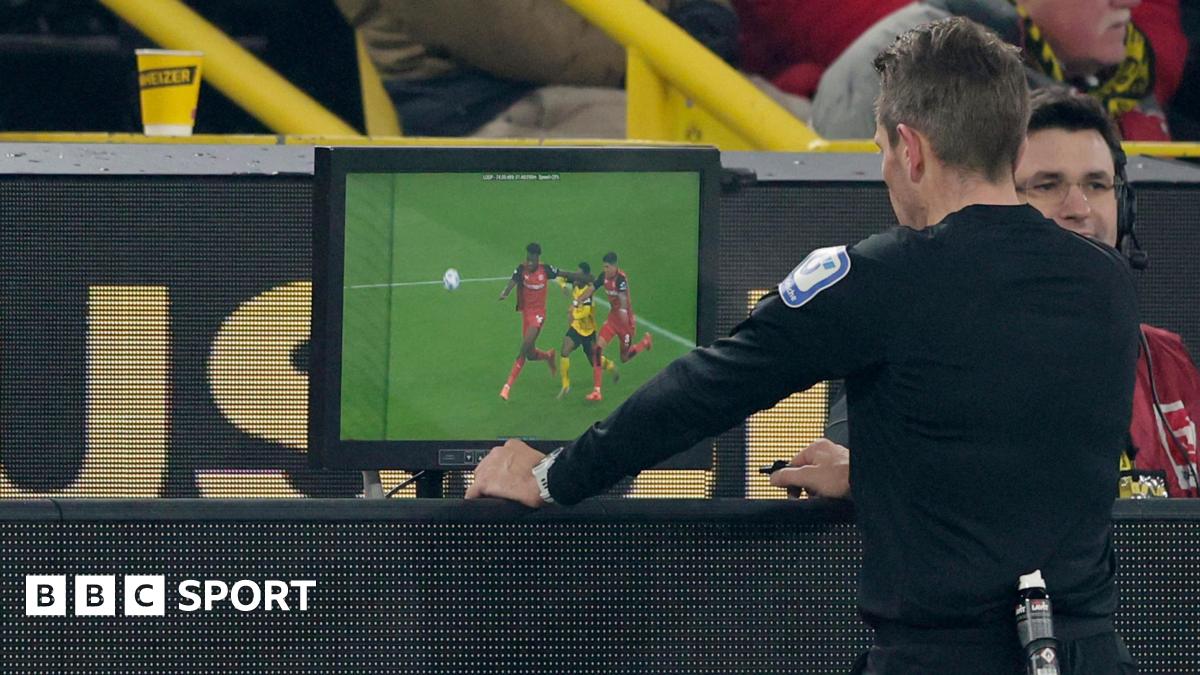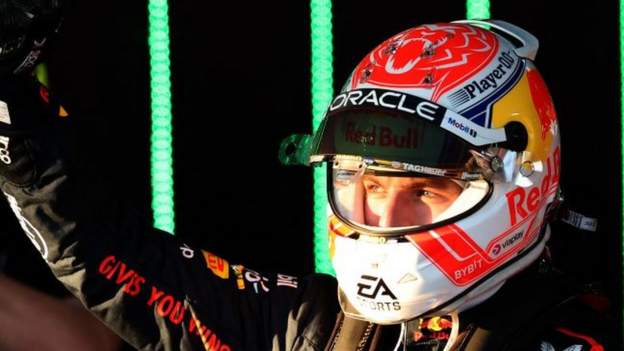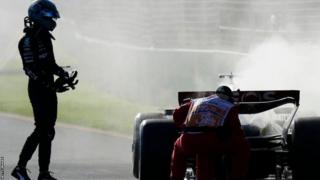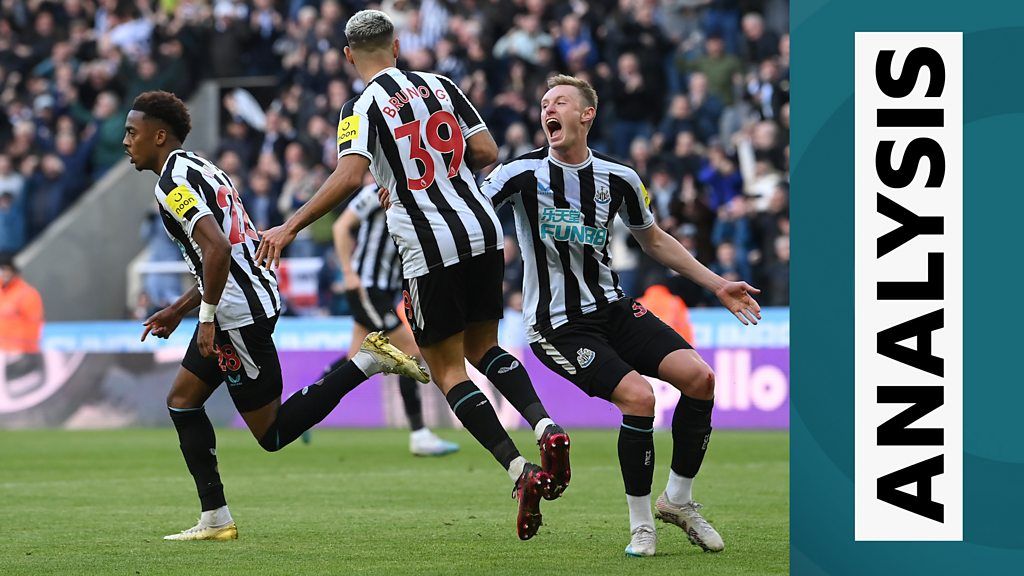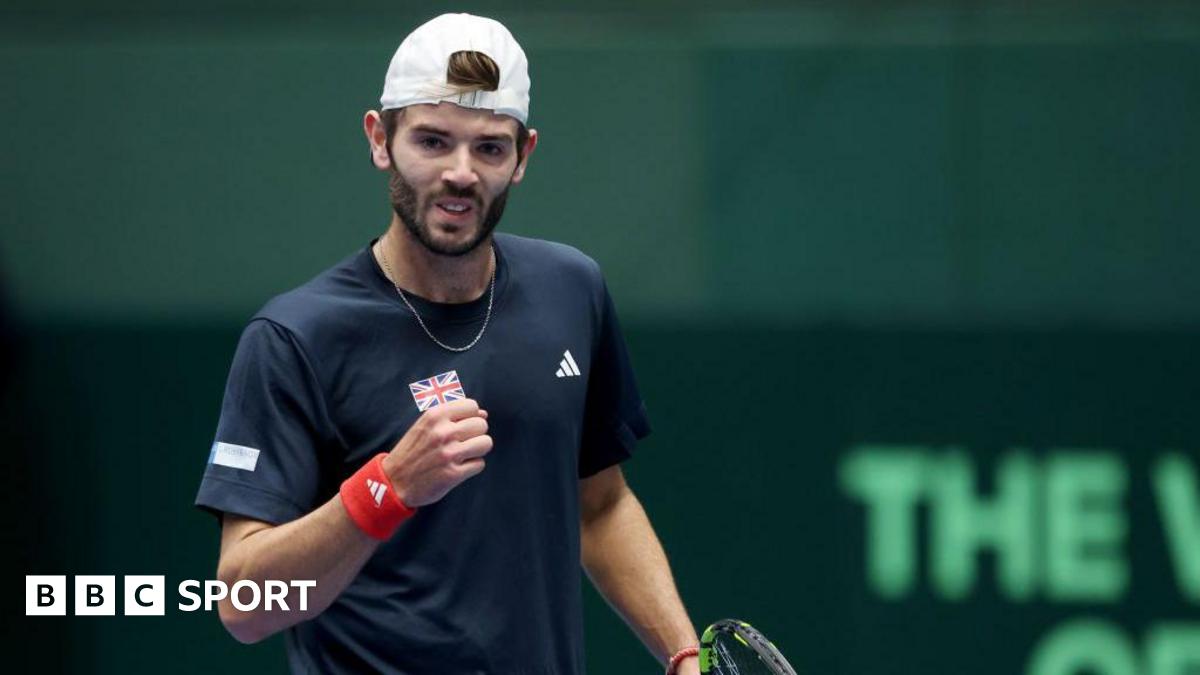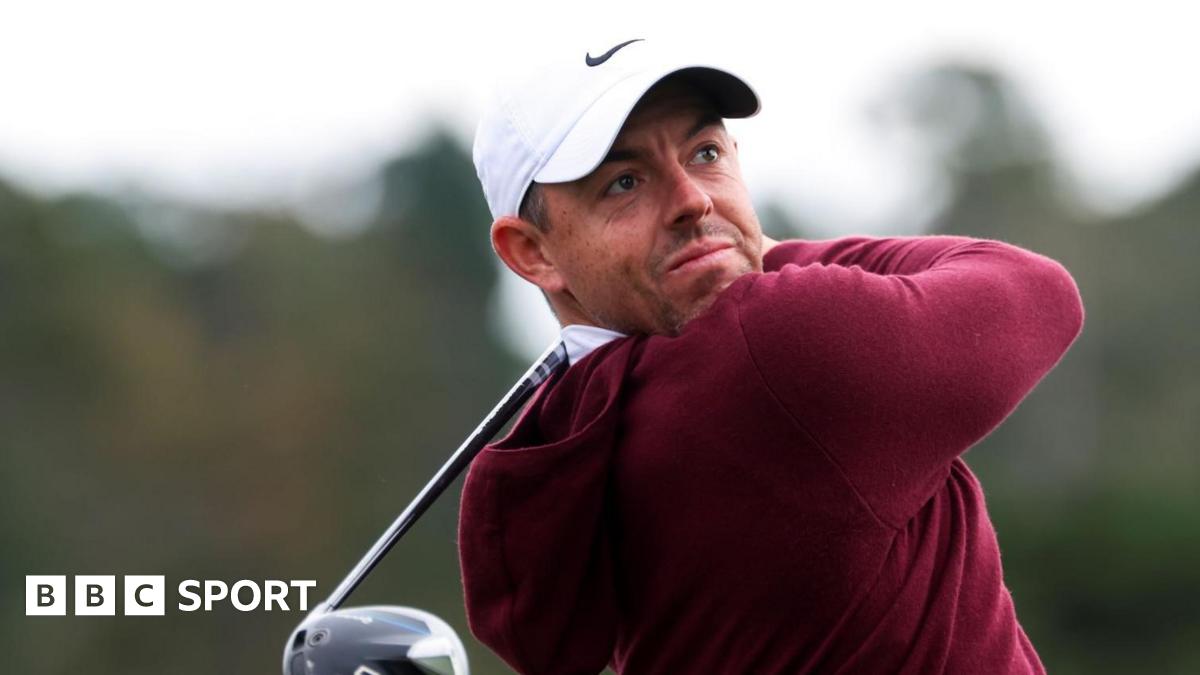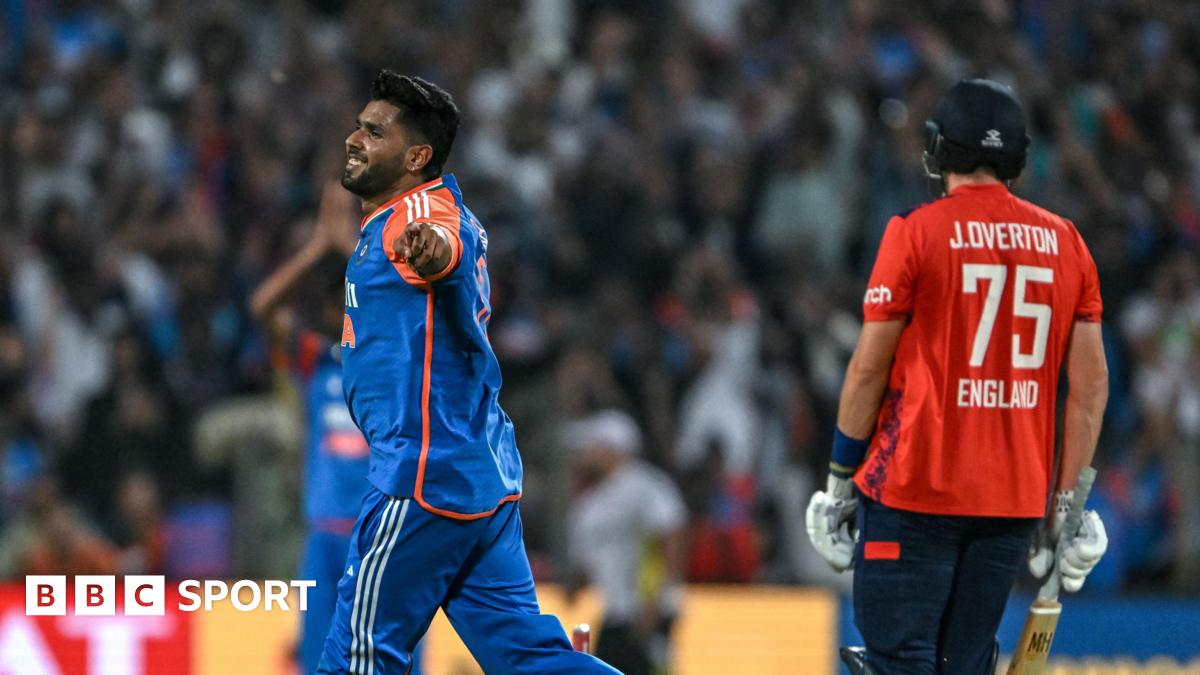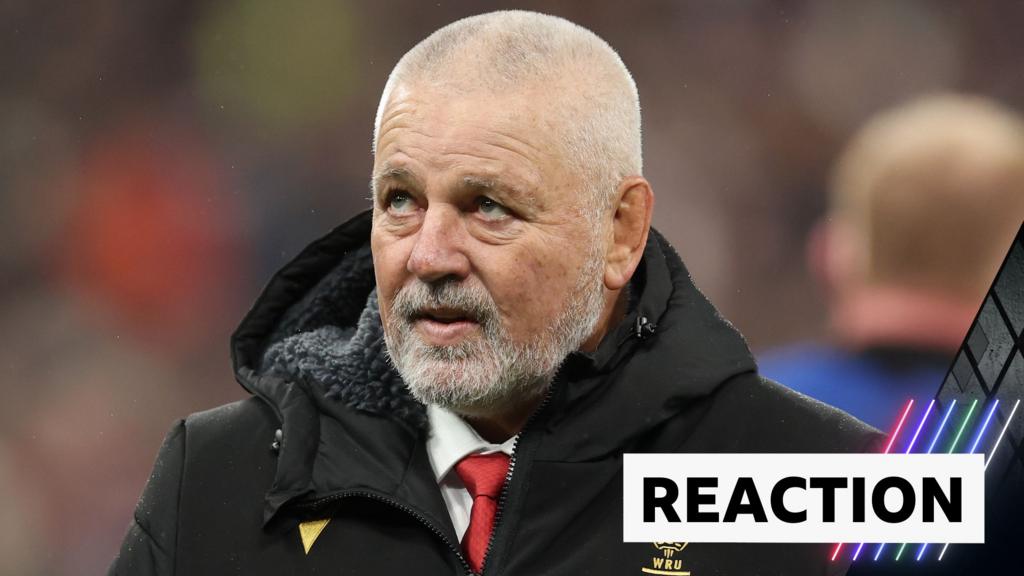Max Verstappen won a chaotic and controversial Australian Grand Prix that finished under a safety car after a crash-affected restart.
The Red Bull driver led Mercedes’ Lewis Hamilton and Aston Martin’s Fernando Alonso home to set the podium.
That was despite Alonso being tagged into a spin at a restart with two laps to go and dropping to the back.
Under FIA regulations, the finishing positions were taken from the last restart, with the cars then having to complete a final lap behind the safety car.
To add to the controversy, Ferrari’s Carlos Sainz was given a five-second penalty for causing the decisive crash at the first corner by tagging Alonso’s car, dropping him from fourth to 12th and out of the points.
An emotional Sainz described that decision as “unacceptable”, adding: “They need to wait until after the race and discuss with me. Clearly the penalty is not deserved. It is too severe.”
Alpine drivers Pierre Gasly and Esteban Ocon were the other big losers from the official decisions – they took the penultimate restart fifth and 10th but crashed into each other and retired at the second corner.
The unprecedented events will lead to controversy that F1 is putting showbusiness before sport.
There is a direct line from the final laps of the Abu Dhabi Grand Prix in 2021 – when officials made errors that changed the course of the world championship fight between Verstappen and Hamilton – to these events, as the final two red flags were thrown to try to ensure the grand prix would finish under racing conditions.
Ironically, that desire led to the final, bizarre and confusing climax, and a race that instead ended under a safety car.
The first-corner crash led the FIA to make a decision that a lap had taken place but that most of the events during it had had no effect, other than the crash between the Alpines.
Verstappen’s win, coupled with a fifth place for his team-mate Sergio Perez after the Mexican started from the back, extended the Dutchman’s championship lead to 15 points.
The bizarre and controversial climax
The extraordinary events at the end of a race that had already had two safety cars and a previous red flag were triggered when Kevin Magnussen’s Haas ran wide at the first chicane and tagged the wall.
The impact broke the Dane’s wheel rim, caused a puncture and left debris strewn across the track.
The timing of the incident meant that, according to the rules, there would be two racing laps after the restart.
Sainz tagged Alonso’s rear wheel and tipped the Aston Martin into a spin, triggering chaos behind.
Perez ran wide across the grass and then Gasly, appearing not to see Ocon on his outside, pushed his team-mate into the wall, taking both cars out.
The red flag was immediately thrown again and the rules dictated the order had to be that at the restart because the field had not covered enough ground for there to be any other reference to set the start order.
That reinstated Alonso to third, despite him being dropping to the back after his collision, and Perez to fifth, after losing a lot of ground.
The Aston Martin of Lance Stroll was fourth, followed by Perez, McLaren’s Lando Norris and Haas driver Nico Hulkenberg. McLaren’s Oscar Piastri, Alfa Romeo’s Zhou Guanyu and Alpha Tauri’s Yuki Tsunoda completed the points positions.
What happened before the controversy?
Before the final climax, Verstappen had dispensed with an early challenge from Mercedes’ George Russell and Hamilton to dominate the race.
An incident-packed start to the grand prix featured two safety-car periods – the first on the opening lap and the second on lap six – and a first red flag.
The first safety car was caused by a crash between Ferrari’s Charles Leclerc and Stroll at Turn Three on lap one, the second by a heavy crash by Alex Albon’s Williams at Turn Six.
Leclerc, disappointed by a third consecutive difficult race, described it as “the worst start to a season ever”.
Verstappen, who had made a bad start and dropped behind the Mercedes cars, ran third for a while but once in front was in total control.
Russell was taken out of contention for the lead by a pit stop hoping to benefit from the safety car for Albon’s crash, only to see the race stopped for the first time soon after. He described the decision to stop the race at that point as “totally unnecessary”.
Verstappen passed Hamilton two laps after the restart for his second win of the year.
Russell retired from fourth place a few laps after the restart with an engine failure – a weekend that had started with a superb second place on the grid ending in frustration.
Sainz benefited, promoted to fourth place by Russell’s problem and slowly pushing up to challenge Hamilton and Alonso but unable to pass them.
Gasly went with the Ferrari and was on course to take fifth in an impressive performance for the French team before the late drama.
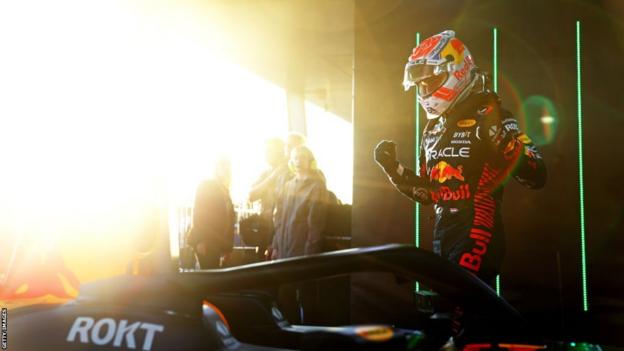
Verstappen in cruise control
Verstappen rarely needed to use his pace, but the advantage the Red Bull has over the rest of the field was clear as he homed in on Hamilton to take the lead after the restart.
The Dutchman made his second poor start of the weekend. He lost places to both Mercedes at the first start, and was challenged by third-placed Alonso at the second, but once up and running was in a class of his own.
Within two laps of the restart, the Red Bull was right with Hamilton, and Verstappen blasted past the Mercedes on the straight up to the fast Turn Nine/10 chicane, displaying the huge advantage the Red Bull has on the straights with the DRS overtaking aid open.
There were just four corners left before the end of the lap, but through them Verstappen pulled out a two-second advantage before beginning to manage his pace, edging ever further ahead without ever extending a car that has a reliability vulnerability in the gearbox/driveshaft area.
His only problem was when he ran wide at the penultimate corner on lap 47, with 11 to go, after which he complained that he kept locking his front wheel into that corner.
It cut his lead from 11 seconds to seven, but Verstappen was able to continue untroubled thereafter.
The race behind Verstappen
While Verstappen circulated serenely up front, Hamilton was left to try to hold off a determined challenge from Alonso.
Hamilton constantly radioed his concern back to the pits that his tyres would not make the distance, as the gap to his old rival oscillated between a second and two.
He was warned by his race engineer Peter Bonnington that Alonso was trying to trick him into over-using his tyres, and “not to fall for it”.
And as so many times in the past, he was able to manage his tyres with expertise as Alonso did the same and the two circulated close together to the flag.
Following Russell’s retirement, Sainz closed in on Alonso, but he, too, was unable to get the gap down to under 1.5secs. And in the final 10 laps or so and he began to drop back.
And Gasly drove an excellent race to stay within the second margin that ensured he could use the advantage provided by the DRS overtaking aid to track the Ferrari to the flag, a promising sign for Alpine.




